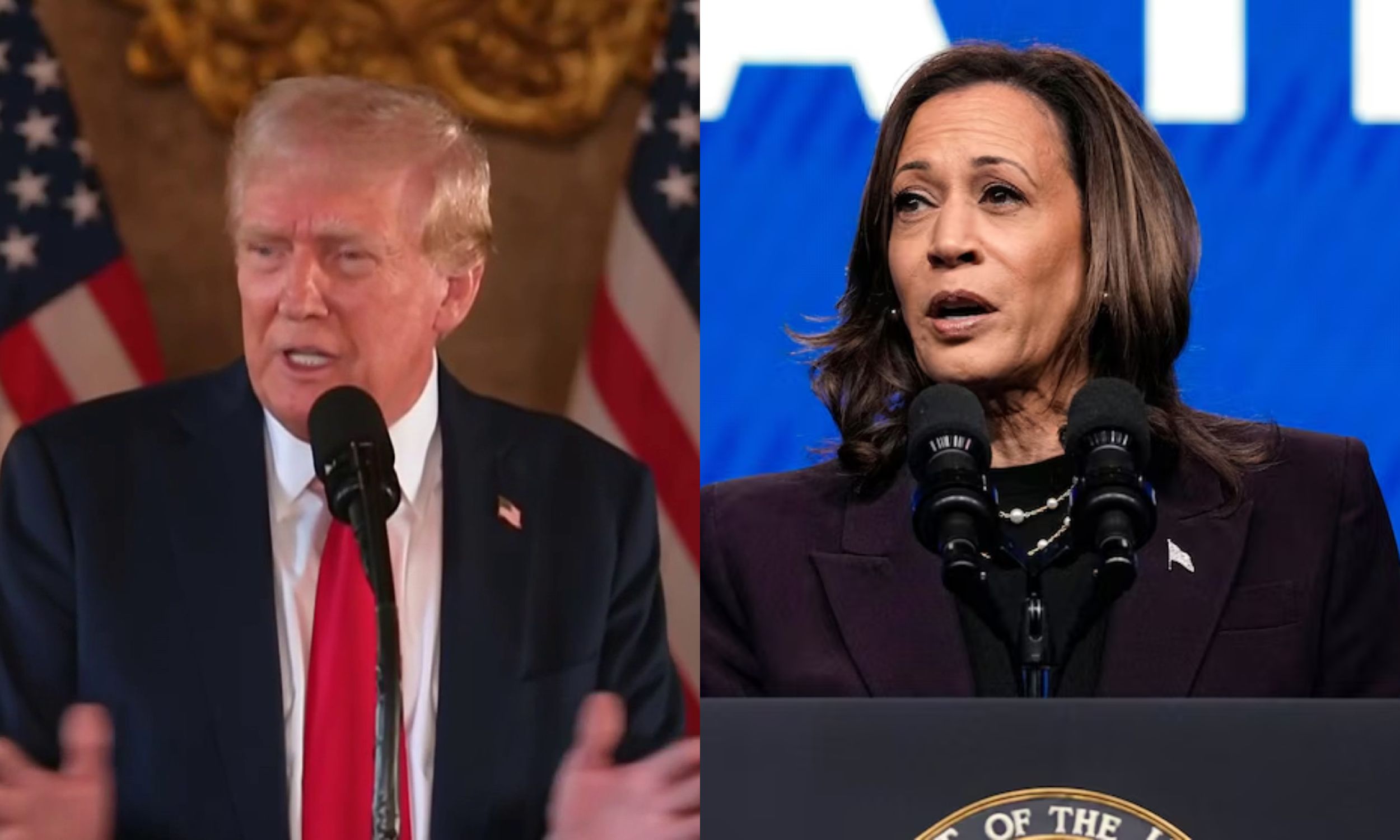Trump, in a spontaneous news conference on Thursday, confirmed his participation in three September debates with Harris, set to air on different networks. Harris, who had already consented to a debate on September 10 with ABC News, indicated her willingness to discuss the possibility of an additional debate after that date.
Throughout the year, economic concerns have dominated the minds of Americans, with many expressing to pollsters that the economy and its impact on their lives are the nation’s most pressing issues. Before Harris stepped into the role of Democratic nominee, surveys suggested that many Americans felt they were better off during Trump’s presidency.

Harris urged to sharpen her economic message as campaign excitement fades
Biden and Harris are scheduled to appear together in Maryland on Thursday to emphasize the administration’s efforts to lower costs for consumers.
Harris is being advised by Democratic supporters to brace herself for increased scrutiny and demands for detailed policy proposals, as the initial excitement of her campaign begins to fade. One Democratic donor stressed the importance of Harris being prepared with a strong economic message, highlighting Biden’s past difficulties in articulating such a message.
Debates often force candidates to clarify their policy commitments in addition to their political attacks.
In a sign of the tight race, the Cook Political Report recently adjusted its ratings for swing states like Georgia, Nevada, and Arizona, moving them to “toss up” status from “lean Republican.”
Trump, however, ignored recommendations from his advisers to focus on GOP economic strategies and steer clear of personal jabs. Instead, he attacked Harris, calling her “barely competent” and boasting that his rally crowds are larger than hers.
While briefly touching on economic pledges, such as ending taxes on Social Security and tips, Trump also painted a bleak outlook for the country under Harris’s potential leadership, warning of economic collapse and global conflict.























